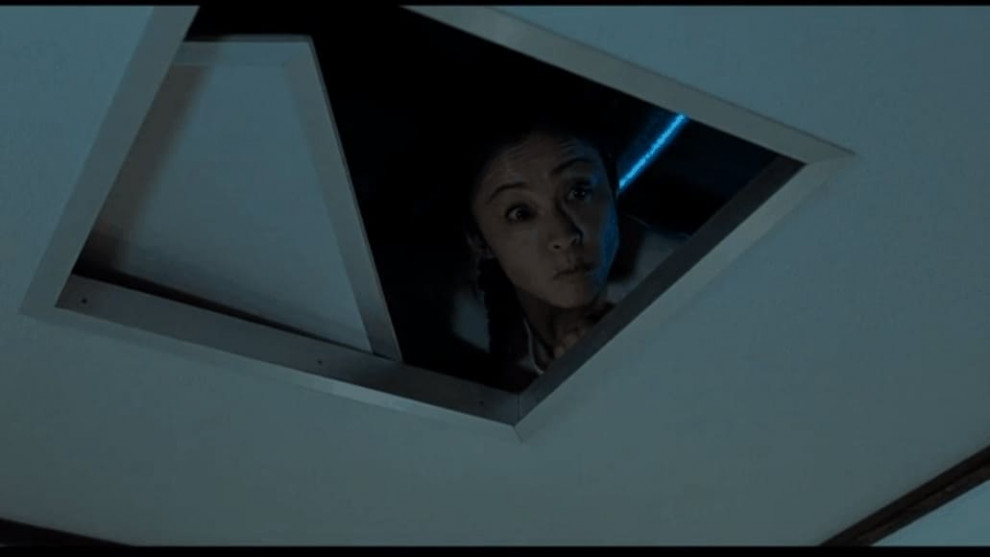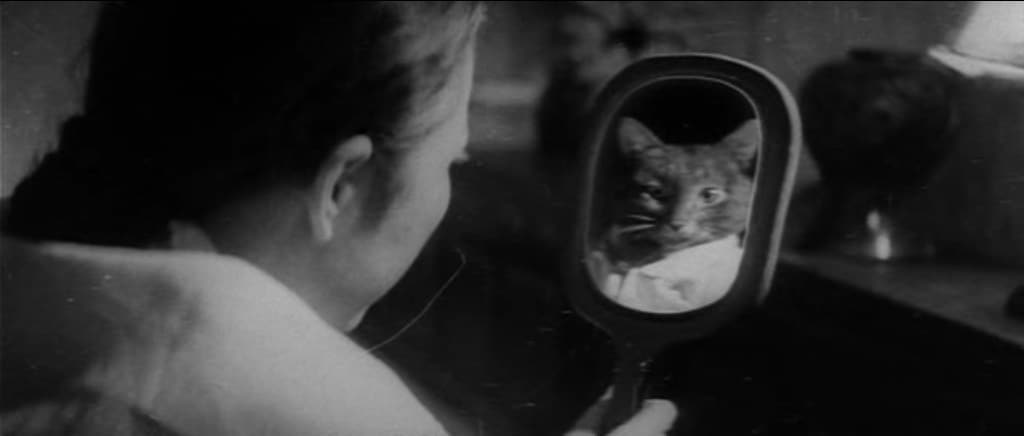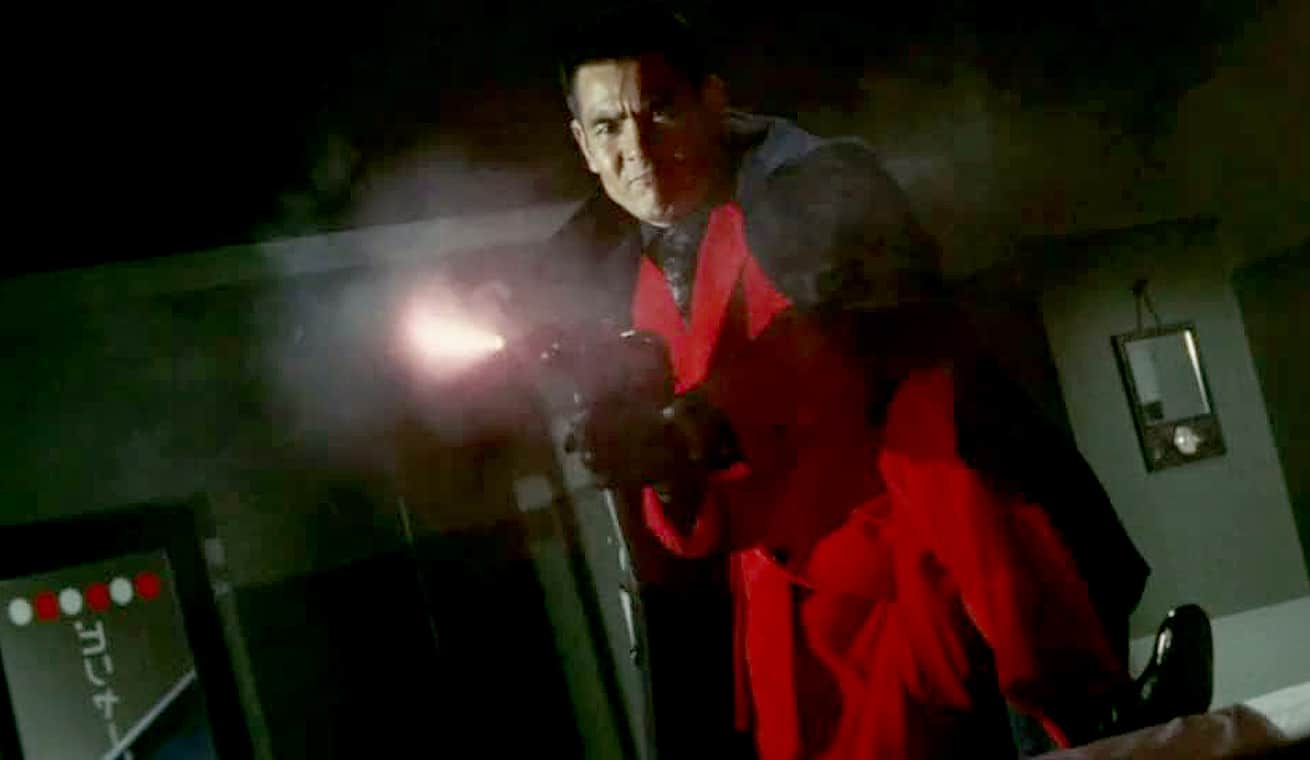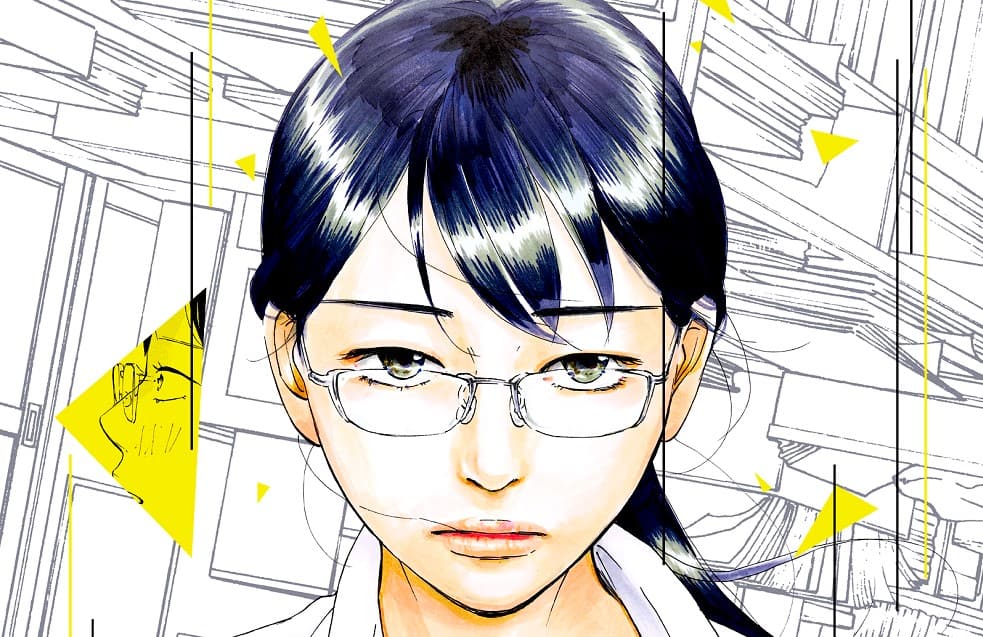Ever since the disappearance of their mother (Mari Hamada), the two children of the Kamata family have to get by on their own with their father taking care of them. Trying to balance his job as a salesman for bathroom appliances and providing for the children, their father has started to speak of their mother as “that woman”, expressing his frustration for leaving them without saying another word. However, while especially the daughter grows impatient with her father's self-righteousness, only the son notices their mother is far from gone. Unbeknownst to the rest of the family, she has been hiding in the attic of their home watching them and waiting for her husband to finally come looking for her.
“Quiet Hide-and-Seek” is screening at Japan Cuts 2019

In many ways, Kan Yamamoto's short feature “Quiet Hide-and-Seek” is truly remarkable. Just like Kohei Sanada's “Farewell Family” or Motoyuki Itabashi's “Cloudy, Occasionally Sunny”, his film is part of the “New Directions in Japanese Cinema” program created by the Visual Industry Promotion Organization. While his film also deals with the overall topic of family, its way of doing so is rather comedic, bordering on social satire at certain points, making his feature probably the most entertaining one for many reasons.
Although the basic idea for his film may be quite abstract, its link to the children's game is quite interesting and thought-provoking. Yamamoto shows two adults embedded within their own spheres: while the other feels much at home in the clean, polished world of restrooms which his company attempts to turn into “zones of comfort”, the other – quite literally – takes refuge in their family home and finally disappears inside of it. Naturally, the core irony of this concept is she still cleans the house when the rest of the family leave, however, without the father taking any notice of the change in his environment.
Essentially, what Yamamoto succeeds in doing in his short feature is telling a story about gender roles without searching for “culprit” or putting the blame on one of the family members. Some of the most hilarious scenes of his film are rooted within a character unable to “leave” a role, unable to disappear completely or noticing the presence of the other person. In the end, this, at times, abstract concept works because of the magnificent cast Yamamoto has assembled here as well as the inventive screenplay to “Quiet Hide-and-Seek”.
“Quite Hide-and-Seek” is a comedic short feature about taking people and things for granted. Blending themes of family drama with at times biting irony, this film is a great calling card for its director and will hopefully find many fans within the audience it is screened for.















